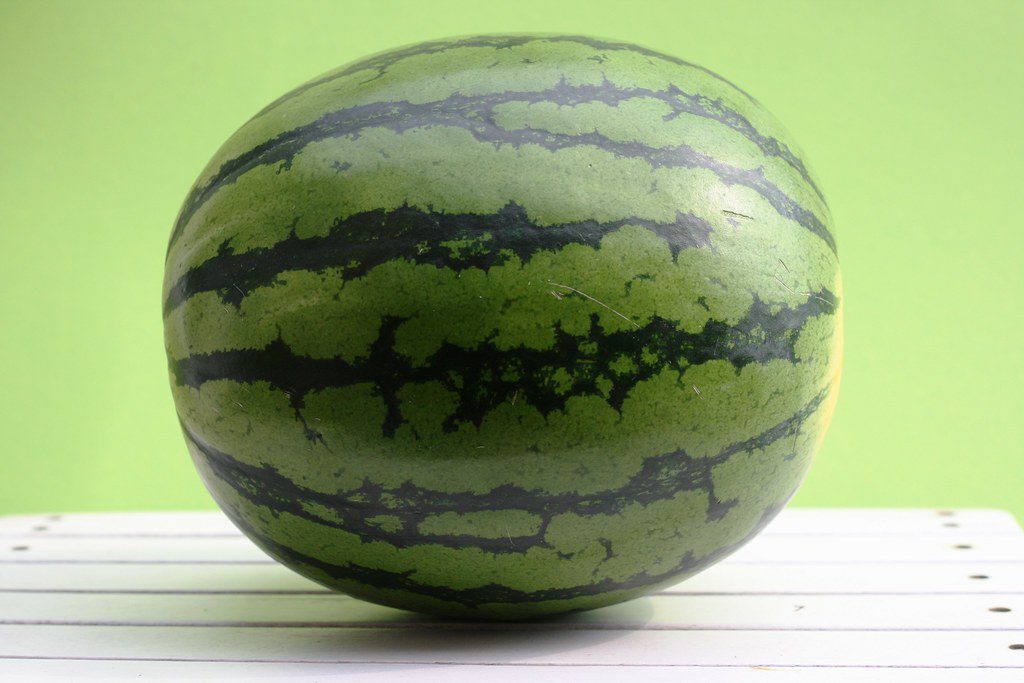
Firstly, introducing Auscrops, a wonderful market vending company bridging farmers and customers together through market vendors. Click here to out find more about whole watermelon as well fruit and vegetable offers.
Whole Watermelon – Everything to Know Eating
Watermelon is a popular summer fruit that has been around for centuries. It’s not just delicious; it’s also packed with vitamins and minerals that can help keep you healthy. If you’re looking for a nutritious snack or side dish, buying a whole watermelon is your best option. Let’s take a look at why eating whole watermelons may be the healthiest way to enjoy this juicy treat.
Nutritional Benefits
Eating the entire watermelon—flesh, seeds, and rind—is one of the best ways to get all of its nutritional benefits. The flesh is rich in vitamins A, B6, and C; lycopene; antioxidants; and amino acids. Meanwhile, the white rind contains citrulline, which helps lower blood pressure levels and reduce inflammation. And don’t forget about the seeds! They provide protein, fiber, magnesium, zinc, iron, and essential fatty acids such as Omega-3s.
When eating a whole watermelon, it’s important to note that some parts are more edible than others. For example, while you can eat the white part of the rind raw in salads or pickles or cooked in stir-fries or sauces (it tastes like cucumber), some experts recommend avoiding the green skin because it can be slightly bitter. The seeds are edible too—just rinse them off before consuming them raw or roasted as a crunchy snack!
Health Benefits
In addition to its nutritional benefits, other health advantages associated with eating whole watermelons. As mentioned earlier, citrulline—a compound found in large amounts in both watermelon flesh and skin— shown to reduce inflammation levels and improve heart health by lowering blood pressure levels. The high antioxidant content helps protect your cells from free radical damage caused by environmental toxins and sun exposure too! Plus, since watermelon is 92% water by weight (hence its name!), it helps keep you hydrated on hot days when traditional beverages don’t sound appetizing.
Conclusion on Whole Watermelon
Eating whole watermelons can provide many nutritional benefits that go beyond just the delicious flavor of this summertime staple. From vitamins A, B6 & C to lycopene & antioxidants to essential fatty acids like Omega-3s – eating a whole watermelon ensures you’re getting all these nutrients without any added sugars or artificial ingredients found in processed foods & drinks. Plus – it helps keep you hydrated during warm days thanks to its high-water content! So next time you’re thinking about snacking on something sweet & refreshing – opt for an entire watermelon instead & reap all its amazing health benefits!
Click here to read similar articles.
 Français
Français 











